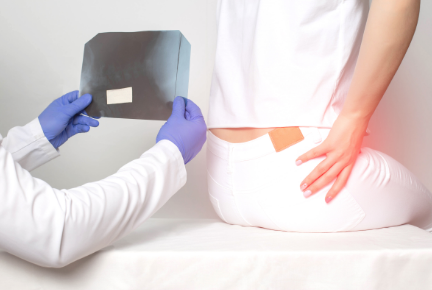FAQs About Slip & Fall Hip Fracture Claims

A fractured hip can be an extremely painful injury that greatly affects your mobility and alters your way of life. According to the Centers for Disease Control and Prevention, one out of five falls causes a serious injury. Over 800,000 patients a year are hospitalized because of a fall injury, most often because of a head injury or hip fracture.
Hip fractures are the most serious of this type of injury and tend to cause the worst health problems. Each year at least 300,000 older people are hospitalized for hip fractures. More than 95% of hip fractures are caused by falling, usually by falling sideways, and the chances that you fracture your hip go up as you get older. Hip fractures result in the highest number of deaths, especially among the elderly.
Slip & Fall Claims
Premises liability is the body of law that makes a property owner responsible for slip and fall injuries suffered on their property. The property may be owned or under the control of a homeowner, business, government agency, or an agent representing the owner, such as a property management company.
If you sustained a hip fracture on someone else’s property, you may be able to recover compensation for both the direct and indirect losses you incur because of your injury. Let’s take a look at some of the frequently asked questions when dealing with a slip & fall claim.
What To Do
If you slipped and fell on someone else’s property, there are a few different parties that you may be able to hold financially accountable. If the owner leased the property, for example, the occupier may actually be the liable party. Generally speaking, on residential properties, landlords are responsible for maintaining common areas, but tenants have a duty to keep their individual units reasonably safe for invitees and licensees. That means addressing any potential hazards in a timely manner.
If the owner or tenant contracts a third party, such as maintenance companies, the third party could also be found liable for any slip and fall accidents that occur as a result of their negligence. And if you were hurt on public property, the government agency that manages the premises may be deemed responsible. It is best to hire an attorney to help you navigate the multiple scenarios and negligence placement for your slip & fall claim.
How To Prove Negligence
Slip and fall claims are generally founded on negligence, which is failure to exercise appropriate and/or ethical ruled care expected to be exercised amongst specified circumstances. In order to prove liability for your slip & fall injury, you will have to demonstrate how the owner, occupier, or property manager failed to maintain the premises to a reasonably safe standard.
Evidence that may contribute to the strength of your claim includes:
- Surveillance footage of the accident
- Deposition from eyewitnesses
- The official incident report
- Medical records indicating your fracture is consistent with the way in which you landed after you slipped and fell
- Photographs of the hazard on which you slipped
- Maintenance logs
- The facility’s standard operating procedures
Do You Need an Attorney
As mentioned above, there are multiple parties to consider when deciding negligence in a slip & fall claim. Dealing with injuries and a claim settlement can quickly become overwhelming and cause the chances of you receiving the full value of your claim to diminish. When you’ve suffered severe injuries from a fall, it is best to hire an attorney to navigate the case. If you’ve fully recovered from only minor injuries, you might be able to handle a slip and fall claim on your own, but there’s still no harm in consulting with an attorney.
An attorney can get the evidence you can’t get on your own, like using subpoenas to force a business to hand over surveillance film or copies of incident reports. An experienced injury lawyer will protect your rights and won’t let the other side bully or trick you.
What is the Average Cost of a Slip & Fall
According to the Centers for Disease Control and Prevention, the average hospital cost of a slip and fall is more than $30,000. Another source says that snow-related slip and fall accidents cost between $33,000 and $48,000 on average.
How Much is Your Slip & Fall Claim Worth
Estimate the value of your claim by adding up “hard costs” like medical bills and lost wages, then multiply that amount by 1x to 5x, depending on the severity of your injuries to account for your pain and suffering. Claim the full cost of your medical treatment, even if most of the cost was paid by health insurance. Be sure to include your out-of-pocket costs for medicines, bandages, crutches, or other medical equipment.
Include transportation costs to medical appointments, along with replacement services, like lawn care, that you had to hire out while you were injured. It’s recommended to keep a diary with notes about youR pain levels and daily experiences following the fall.
If you or someone you know has been involved in a slip & fall accident and are seeking help, call 1-800-411-PAIN and get the help you need! We will refer you to the attorneys that will fight to get you the compensation you deserve and the medical attention you need. If you have been hurt in an accident, call 1-800-411-PAIN, and we will guide you in finding you the best medical and legal professionals.


